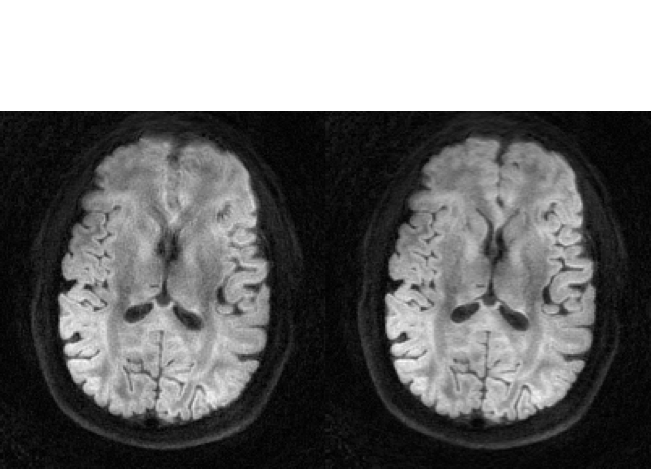Leverage existing iterative reconstruction code with minimal headache.
Get Started Quickly
Use Vagrant to setup a (non-GPU) virtual machine to try implementing iterative reconstructions in C++ in just a few minutes. Check the Documentation for more info.
Leverage MATLAB® code
PowerGrid uses Armadillo to provide high level matrix syntax that is very reminsicent of MATLAB®. Using the tools in PowerGrid, experienced IRT users can port most code in a day or two.
OpenACC Accelerated
PowerGrid uses OpenACC to provide GPU accelerated implementations of the non-Unform FFT and Discrete Fourier Transform. MPI is used to enable using multiple GPUs in one or several machines.
Open Source
PowerGrid is licensed under the University of Illinois/NCSA Open Source License, a permissive, BSD derivative license. For more information, check out tl;dr legal.


